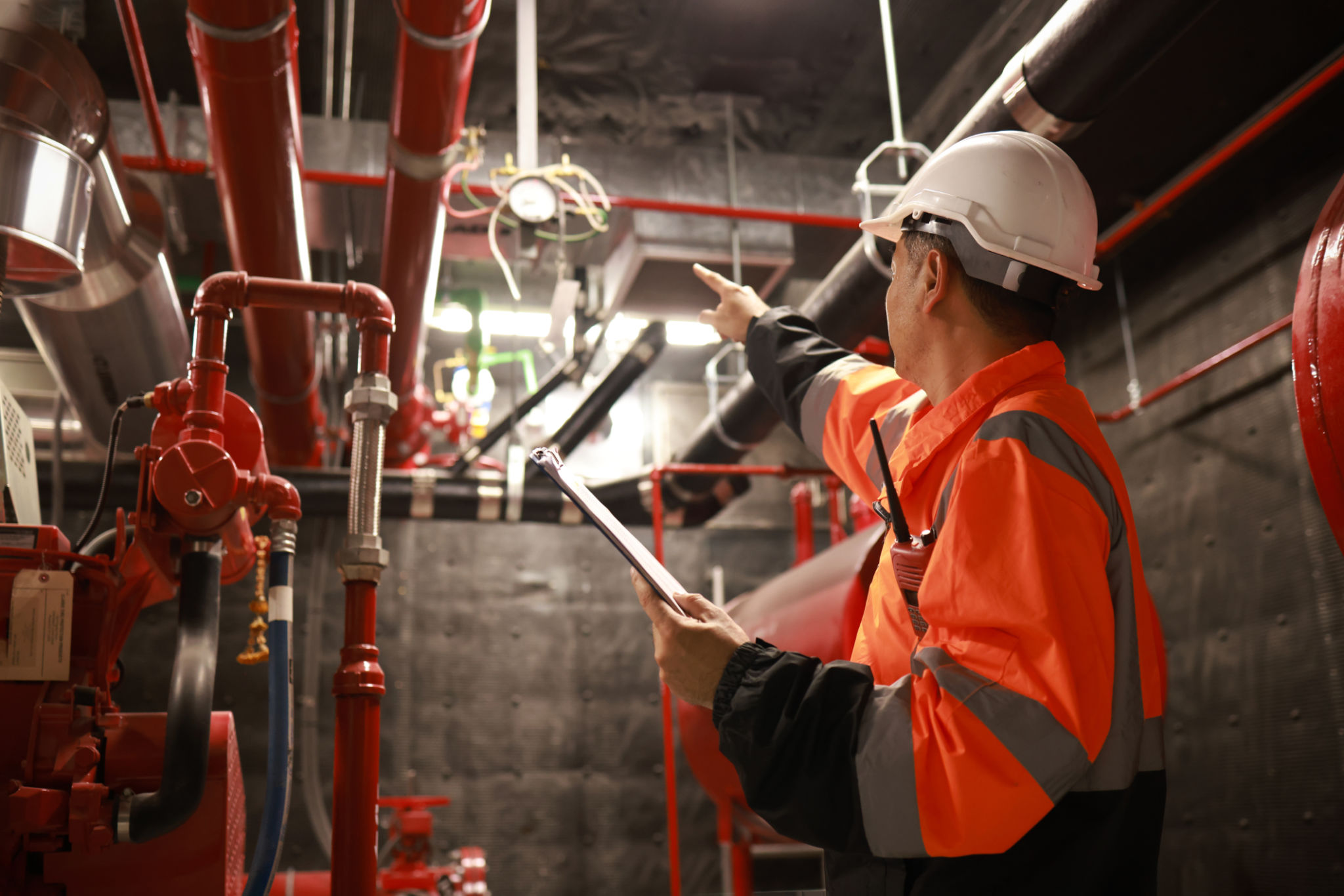Understanding Local Building Regulations in Cuyahoga County
Introduction to Local Building Regulations
Understanding local building regulations is crucial for anyone planning to construct or renovate a property in Cuyahoga County. These regulations ensure that structures are safe, accessible, and compliant with community standards. Navigating these rules can be challenging, but familiarizing yourself with the basics can make the process smoother and more efficient.
Local building codes are designed to protect public health and safety by establishing minimum standards for construction. They cover various aspects, including structural integrity, fire safety, energy efficiency, and accessibility. In Cuyahoga County, these regulations are enforced by the Department of Building and Housing.

Key Areas of Regulation
Structural Integrity and Safety
One of the primary focuses of building regulations is ensuring the structural integrity of buildings. This includes guidelines on materials, load-bearing capacities, and construction techniques. Adhering to these standards helps prevent accidents and structural failures, ensuring the safety of occupants and the surrounding community.
Fire Safety Standards
Fire safety is another critical component of building regulations. Requirements include the installation of fire alarms, sprinkler systems, and fire-resistant materials. Additionally, regulations dictate the design and placement of emergency exits to facilitate safe evacuation during emergencies. Compliance with fire safety standards is essential in minimizing risks and protecting lives.

Energy Efficiency and Environmental Considerations
Building regulations in Cuyahoga County also emphasize energy efficiency. This involves using insulation, energy-efficient windows, and HVAC systems to reduce energy consumption and environmental impact. By incorporating sustainable practices into construction projects, builders can contribute to environmental conservation while reducing operational costs.
Aside from energy efficiency, environmental considerations also include managing stormwater runoff and minimizing pollution during construction. These measures help maintain ecological balance and protect natural resources in the region.

Accessibility Requirements
Ensuring accessibility for individuals with disabilities is a vital aspect of local building regulations. This includes features like ramps, accessible entrances, and restrooms designed to accommodate all users. Compliance with accessibility standards not only enhances inclusivity but also broadens the potential user base of a property.
The Permitting Process
Before starting any construction project, obtaining the necessary permits is crucial. The permitting process in Cuyahoga County involves submitting detailed plans and specifications for review by relevant authorities. This review ensures that proposed projects meet all applicable building codes and standards.
Once approved, permits must be prominently displayed on-site throughout the construction process. Inspections will be conducted at various stages to ensure ongoing compliance with regulations.

Conclusion
Navigating local building regulations in Cuyahoga County requires careful planning and attention to detail. By understanding key areas such as structural integrity, fire safety, energy efficiency, and accessibility, builders can ensure compliance and contribute to safer, more sustainable communities. Through diligent adherence to these regulations, your construction project can proceed smoothly while enhancing the quality of life for all residents.
